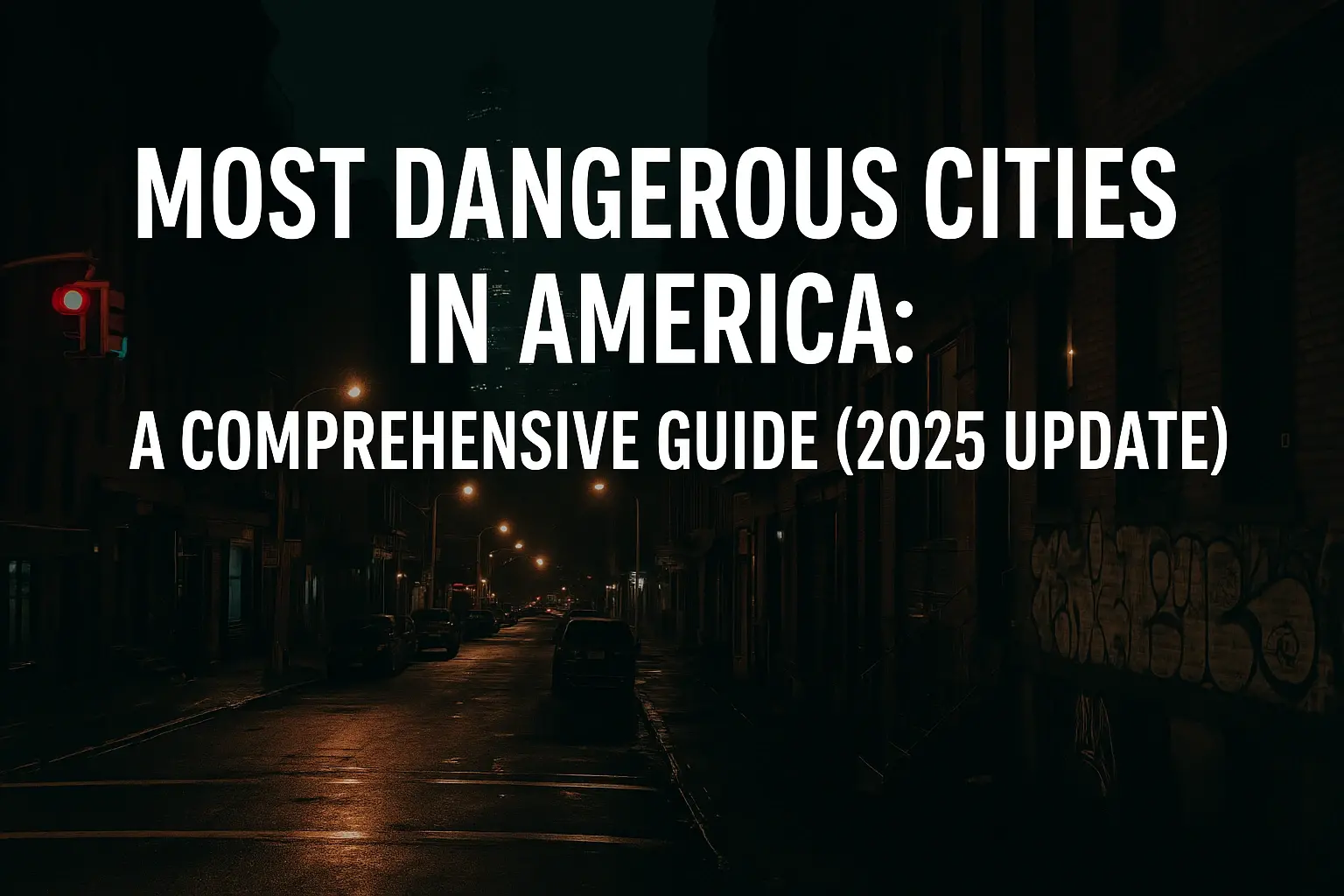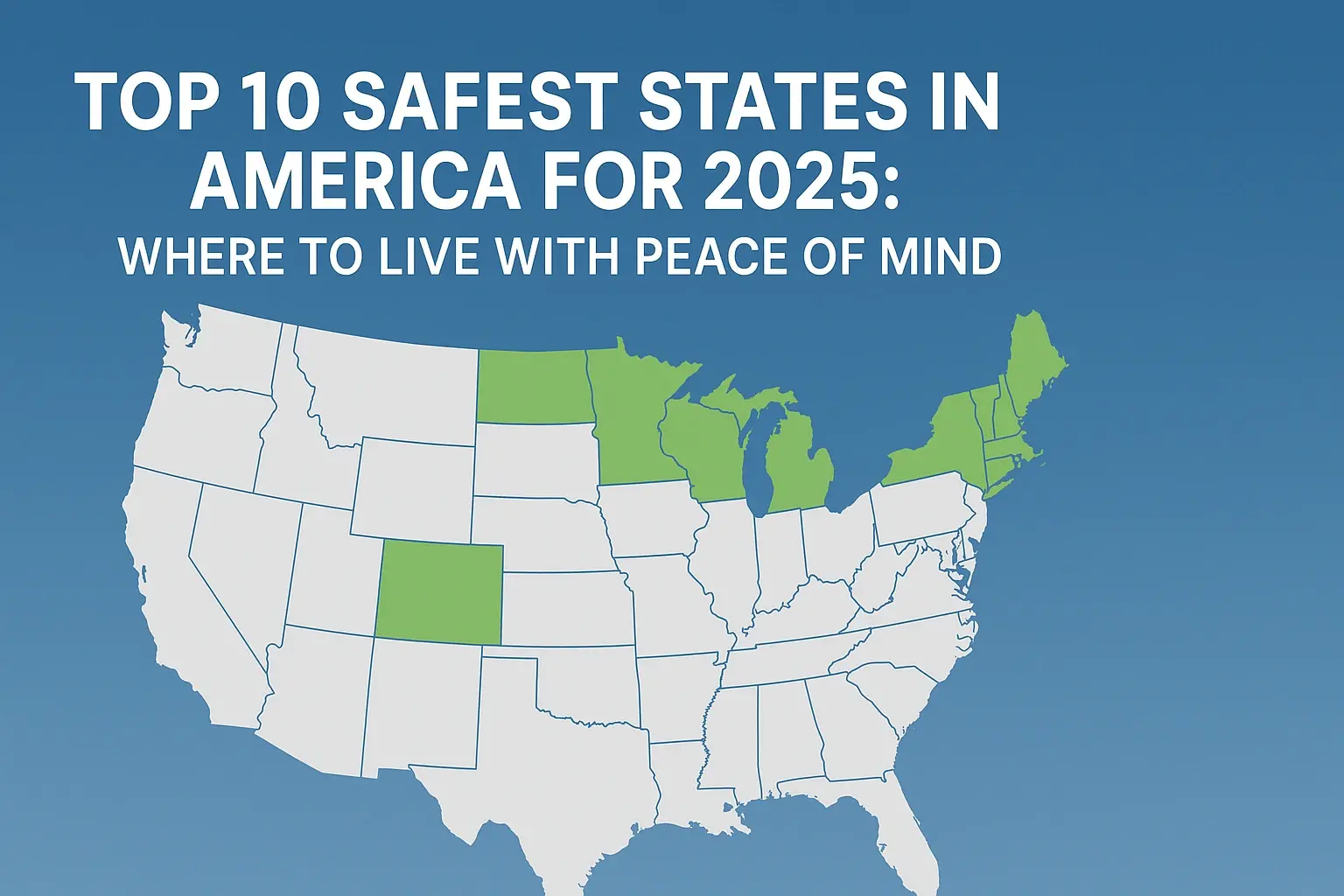When it comes to choosing a place to live and set up our roots one of the primary concerns should be safety. You want to have guarantees that your family or means of sustenance will be protected in your new society. This is especially so if you are moving to an unknown state like Tennessee, it would therefore be advisable to make the transition through the help of a company that understands the new state well. With its Smokey Mountain scenery, rich music tradition, and lively metropolitan areas such as Nashville and Memphis, Tennessee has a rich appeal to would-be residents. However, the state does have a few safety issues, which are crimes against properties in urban centers and the perennial issue of disasters.
Defining Safety
In assessing the safety of any place, one has to consider what hazards are important to anyone since what is dangerous to one person may not be to the other. Do you have concerns about violent crimes such as murders and assaults? Is the risk of becoming a victim of a property crime such as burglary or car theft higher in your household? Natural disasters – how storm-susceptible is an area, how likely to flood, experience fire, or an earthquake that might put your home or neighborhood at risk?
In this overview of safety in Tennessee, the primary criterion for choosing locations will be the information on actual crime rates obtained from the FBI, as well as the evaluation of potential threats connected with natural disasters and extreme weather conditions by professional researchers and analysts. Thus, if we compare the crime and disaster rates of the various cities and counties in Tennessee.
The first component to consider for the TN is the level of property crime compared to violent crime. Crimes against property such as burglary, larceny-theft, vehicle theft, and arson have more incidence rates than murder, forcible rape, robbery, and assault with a dangerous weapon than violent crimes. Fortunately, Tennessee’s violent crime incidence is about 24% lower than the national average.
This means the biggest safety issue you need to worry about whenever you own a home in TN is getting your property and your assets from burglars and not necessarily from a would-be-assailant. While considering the potential areas to establish a hometown, one should consider areas with low property crime rates for optimal security. This is mostly because the countryside and small towns are not as exposed to theft as densely populated metropolitan areas and people living in the same street would easily recognize the other person.
Comparing Big Cities to Small Towns
Fast-paced and vibrant Tennessee’s cities complement slow and peaceful small towns perfectly. However, if personal protection is your primary concern, then it is noteworthy that smaller communities have lower crime rates and offer more secure spaces compared to cities.
For instance, there is a contrast between Nashville and Memphis. Both cities have been reported to be 15-25% above the national average of property and violent crimes in the U.S. annually. Indeed, the Memphis metropolitan area ranked recently as the 14th most dangerous city in the United States by violent crime rate. At the same time, small towns like Farraguit, Thompson’s Station, and Lynchburg have only fractions of the crime rates of Knoxville and Nashville, correspondingly. Even some of the other rural countries such as Scott, Hickman, and Chester also have rates of less than 150 in total for each year.
While considering the next hometown location in Tennessee, search for suburban cities near economic centers so you can drive to work but return home to solitude in the suburbs. Mount Juliet, Spring Hill, and Oakland, for instance, pull double duty as quality places to live with easy access to the bustling business centers that can fuel economic growth. This stability is further evidenced by their extremely low property and violent crime rates which illustrate the balance between economic prosperity and security.
Natural Disaster Risks
Tennessee foothills and forest areas may look very beautiful, but like I said earlier, the ever-climbing weather in Tennessee does bring about damaging natural disasters once in a while. Tennessee is among the top 10 most vulnerable of all the states in the United States for deaths and losses due to quakes, wildfires, storms, or floods. Choose your next hometown with this in mind: how much are you willing to ‘evac’ in the event of a natural disaster?
The greatest natural threat that affects Tennessee is severe thunderstorms and flash flooding, which occurs annually in the state during spring and autumn periods. Even single tornadoes can also occasionally cut violent winds through Tennessee valleys with the subtlety of a paper cut. However, extensive mountain forests and large valleys covered with grasses act as fuel to the explosive wildfires during dry years.
Even as governments and organizations increase their efforts in preparing for disasters and enhancing early warning systems, climate change is still a huge risk that can bring extreme weather conditions. Some areas are just hit by fewer systems due to topography and climates or weather conditions of the place. For instance, in East Tennessee, there are comparatively fewer instances of tornadoes, floods, and storms than in the Middle and West zones. Looking for communities in areas least likely to be found near large forest regions and that have clear disaster mitigation measures.
East Tennessee Hideaways
While crime rates continue to rise in the West and temptation for disasters is high throughout Middle TN, your best bets are found in the beautiful foothills of East Tennessee’s Smoky Mountains. This region has low levels of crime and minimal disaster risk – especially when the region is selected for rural quietude as well as suburban accessibility.
One of the recommended regions to center your efforts when house hunting is Blount County, where the affluent city of Maryville – a suburb of Knoxville is located. Among them, Murryville has the least number of property crimes per capita in Tennessee state, and violent crimes are almost non-existent. South of it, Loudon County also affords citizens protection from criminal activity as well as natural disasters in Lenoir City.
East Tennessee does however still experience random episodes of floods, storms, and even slight earthquakes. Thus, the importance of disaster preparedness plans does not wane in any home. However, among balanced choices that afford scenic beauty, economic returns, and higher security through low crime rates, East Tennessee sanctuaries guarantee your highest sense of security.
The Safest Spot
Therefore, it is possible to conclude that the safest spot in Tennessee is relative to the individual or group’s preference concerning the acceptable level of risk. If you want to be as far away from crime and disasters as possible, then towns such as mountain Jamestown or a rural setting Pickett County is nearby. Yet, the possibility of finding employment and having fun decreases. On the balanced safety and occupation scale, Maryville is the ultimate municipal while Knoxville, Chattanooga, and Clarksville can offer stable mixed options among middle-rank cities.
When reviewing various parts of the town, you should think of all safety aspects necessary for the provision of security for your family, including; low incidence of crimes, safe response to emergencies, and natural disasters, financial stability,y and most importantly, the trust of the people. Despite there being no town that can be termed entirely safe, great havens are available in Tennessee for wise homeowners who are interested in safe houses. Believe in accurate and reliable information as well as rely on your gut feelings while trying to prepare for the uncontrollable risks as much as possible.







